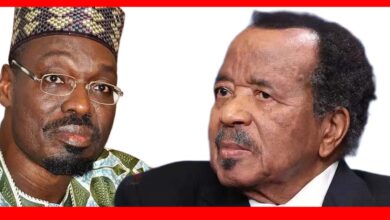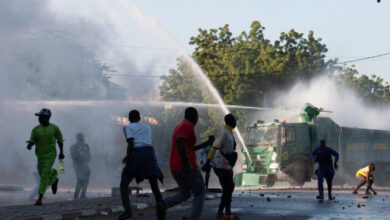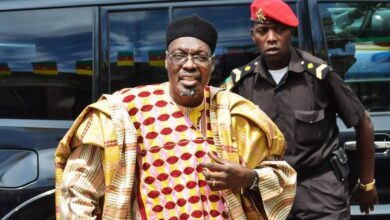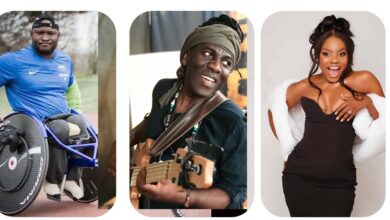Issa: The Political Phoenix Who Rose from Prison to Challenge a 43-Year Dynasty
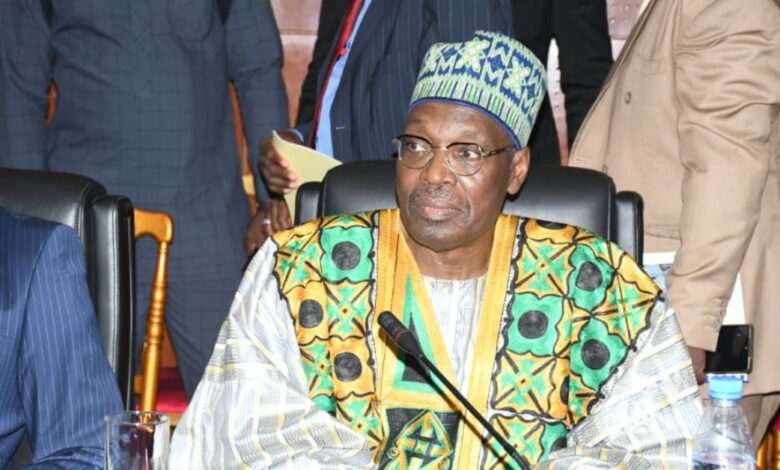
Issa Tchiroma Bakary was born in Garoua, Cameroon’s northern region, on September 10, 1946. His transformation from railway engineer to government minister to opposition challenger represents one of the most dramatic political journeys in Central African politics. After spending more than six years in prison without trial and nearly two decades defending President Paul Biya’s government, the 79-year-old resigned in June 2025 to challenge his former patron for the presidency.
Early Life and Engineering Career
After completing his primary education in Garoua, Tchiroma enrolled at the National Railway Training Centre in Douala. He pursued advanced engineering studies in France, earning his baccalaureate in 1970. Engineering diplomas in materials and construction followed.
Upon returning to Cameroon, he joined Regifercam, the national railway company. He rose steadily through the ranks. His career seemed secure and promising. Then April 1984 changed everything.
A failed coup attempt against President Paul Biya occurred in April 1984. Authorities arrested Tchiroma on April 16, 1984. He was not directly involved in the coup. However, because he came from northern Cameroon, authorities suspected him. They believed the region harbored coup sympathizers.
Police searched his home and damaged his property. Authorities sent him first to Kondengui prison, then transferred him to Yoko prison. There he endured lengthy detention under harsh conditions. Amnesty International denounced the treatment. No formal charges were filed. No trial took place. For more than six years, his life remained suspended in legal limbo.
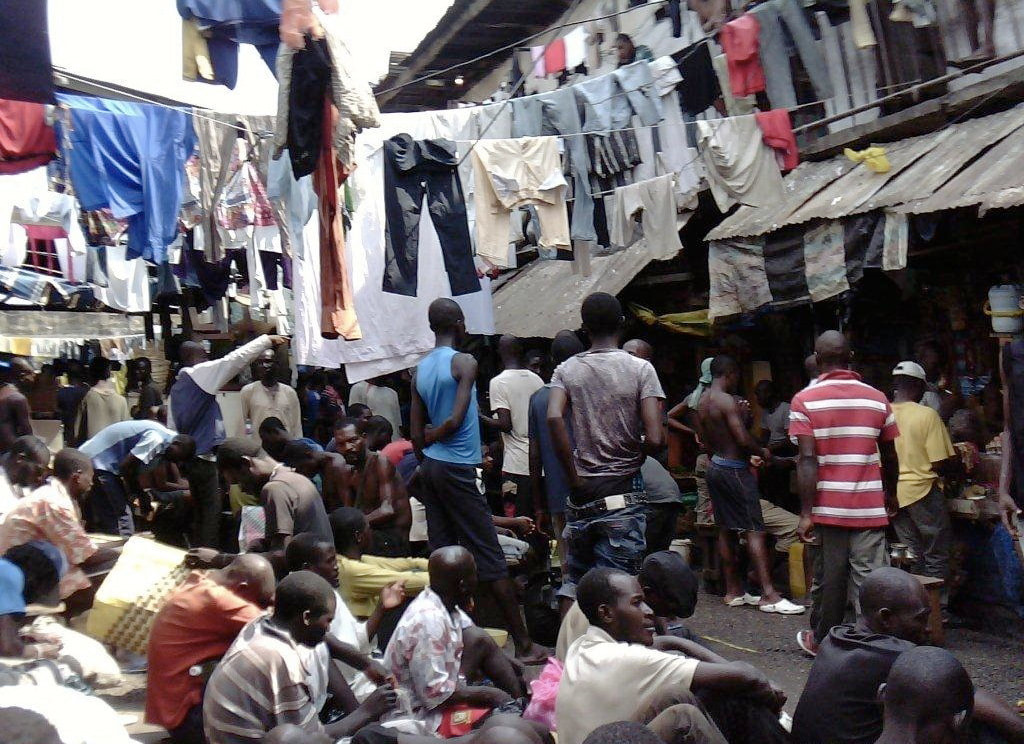
During imprisonment, Tchiroma farmed the land with fellow inmates. He also taught himself English. This self-taught bilingualism later became one of his most valuable political assets, allowing him to bridge Cameroon’s linguistic divide.
Authorities released him in 1990. Rather than retreating into obscurity, he organized a protest in Garoua against those obstructing amnesty for coup attempt suspects.
In March 1992, Tchiroma won election to the National Assembly representing the Bénoué constituency as a member of the National Union for Democracy and Progress. His political talent caught attention quickly.
On November 29, 1992, President Biya appointed him Minister of Transport. He held this position until September 19, 1996. During his tenure, he encouraged American companies to invest in Cameroon, emphasizing that the nation could not develop without foreign capital.
His political affiliations shifted over time. After leaving the UNDP, he founded the Front for the National Salvation of Cameroon in 2007, becoming its president. This centrist party maintained cooperative relations with Biya’s ruling CPDM party.
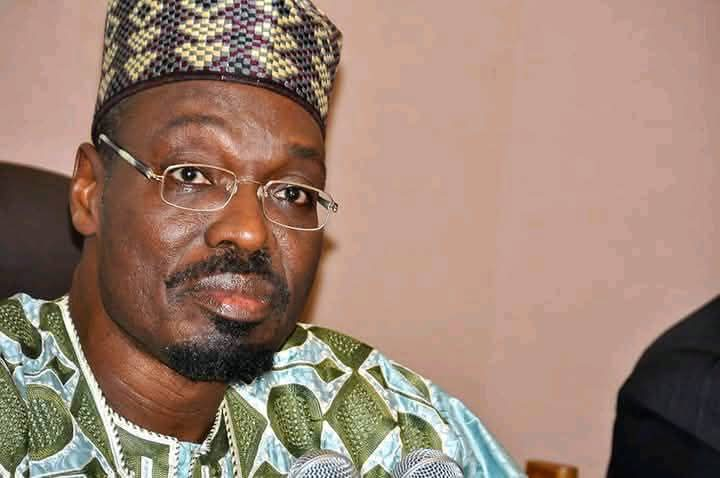
In 2009, Tchiroma became Minister of Communication under Prime Minister Philémon Yang, serving until January 4, 2019. As government spokesperson, he managed media narratives during elections, crises, and reforms.
His tenure began controversially when he ordered the closure of Sky One Radio in August 2009. The station faced accusations of violating media regulations, particularly for its call-in program “Le Tribunal” where citizens aired grievances and sought solutions. Tchiroma cited “numerous issues concerning media professionalism” as the reason for the closure. Critics accused him of stifling press freedom and dissent.
His most controversial period came during the Anglophone crisis. When the government imposed an internet blackout on Anglophone regions in early 2017, Tchiroma initially denied state involvement before admitting the shutdown was for “security reasons” to curb what he termed “false information” on social media.
In a television appearance, he stated unequivocally, “The military does not kill,” a declaration widely condemned by critics as blatant denial of well-documented violence against civilians. He dismissed reports of numerous deaths at the hands of security forces as “phantasmagorical” and “a clumsy attempt at disinformation”.
When the International Crisis Group warned in 2017 that the government’s “murderous repression” could lead to armed insurgency, Tchiroma convened a press conference to denounce the organization as a “destabilization agency” in the pay of secessionist movements. He accused the ICG, along with Amnesty International and Human Rights Watch, of being part of a “coalition in league against our country”.
While communications minister, he notably came under fire for denying then backtracking on his denial that Cameroonian soldiers had killed women and children in a viral video verified by BBC Africa Eye.
From January 2019 to June 2025, he served as Minister of Employment and Vocational Training. In this role, he worked to create training centers in partnership with foreign institutions and aimed to lower barriers for youth access to vocational education.
The Break from Biya
On June 24, 2025, Tchiroma resigned from his ministerial post. Within 24 hours, he formally announced his candidacy for the October 2025 presidential election.
He accused President Biya of becoming increasingly out of touch. “A country cannot exist in the service of one man,” he declared. In a 20-page declaration, he denounced the exhaustion of a regime “out of breath” and urged sweeping democratic change.
“I have known power, and I have measured its limits. But I have never betrayed my conscience,” he stated. However, critics argue he represents the very system he now seeks to dismantle. Abdoulaye Harissou, a respected legal notary and former political detainee, said, “He cannot embody change. He was part of the system for too long. The youth do not trust him”.
Campaign Promises and Apologies
Despite his history as a government insider, Tchiroma’s campaign rallies drew massive crowds. His platform focused on federalism, electoral reform, national dialogue, and security solutions in the conflict-ravaged Anglophone regions and Far North.
During a rally in Bamenda, he offered a public apology for his past statements, saying he was deeply sorry, knowing that most Anglophones were deeply hurt by his comments. “Do you accept my apology?” he asked, as the crowd responded with a thunderous “Yes”.
However, critics note that despite his renewed emphasis on national unity and decentralization, Tchiroma does not offer explicit apologies for his role in the earlier suppression of Anglophone voices. The tone is forward-looking but omits retrospective accountability.
His embrace of federalism marked a striking policy shift. In January 2017, at the outset of the Anglophone crisis, Tchiroma dismissed federalism as “a step backward”. Now he advocates for it as a solution.
The Contested Election
The presidential election took place on October 12, 2025, with approximately 8 million eligible voters. Twelve candidates competed.
On October 14, 2025, before official results were announced, Tchiroma claimed victory in a Facebook video. He called on Biya to “accept the truth of the ballot box” or “plunge the country into turmoil”.
Government officials reacted furiously. Minister of Territorial Administration Paul Atanga Nji rejected the claim, calling it “a cleverly planned diabolical plan with his occult networks at home and abroad aimed at setting Cameroon ablaze”.
On October 15, Tchiroma alleged vote tampering. Protests broke out in several cities. Demonstrators targeted Elecam headquarters in Douala. Someone set fire to RDPC offices in Dschang. An armed vigil formed outside Tchiroma’s residence in Garoua. Authorities arrested at least 20 protesters nationwide. A teacher died after a police officer reportedly shot her during protests in Garoua on October 21.
On October 19, Tchiroma released original vote tallies from 18 departments, representing approximately 80% of the national electorate. These documents reportedly show Tchiroma winning significant majorities in key regions, including 78.3% in Wouri and over 61% in Moungo, figures sharply contrasting with official results.
On October 20, the National Vote Counting Commission released provisional results showing Paul Biya leading with 53% of the vote, followed by Tchiroma at 35%.
The Episcopal Conference of Cameroon noted several irregularities during the election, including the relocation of polling stations and failure to update the electoral register, which contained names of deceased persons.
On October 24, Cameroonians across most parts of the country woke up to sharply limited internet access as political tensions rose. The digital blackout recalled January 2017, when the government cut internet access across Anglophone regions for 94 days, marking the start of the ongoing Anglophone crisis.
On October 25, two opposition figures and backers of Tchiroma were arrested in their homes. Anicet Ekane, leader of the African Movement for New Independence and Democracy, and Djeukam Tchameni of the Movement for Democracy and Interdependence were detained.
Personal Life and Political Legacy
Throughout his tumultuous journey, Tchiroma has remained married to Aminata Müller, who has provided steady support. His bilingual skills, engineering background, and understanding of regional dynamics have contributed to his political resilience.
His story embodies contradictions. He served as both victim and defender of authoritarian rule. For decades, he supported a regime before challenging it. He apologized for some past positions while defending his conscience. These contradictions make him simultaneously compelling and controversial.
As Cameroon awaits final official results, his transformation from staunch ally to opposition figurehead remains one of the most striking political shifts in the country’s recent history. Whether his recent move represents genuine awakening or political opportunism remains contested. His biography reflects both the possibilities for political reinvention and the complexities of contested transitions in Cameroonian political life.


